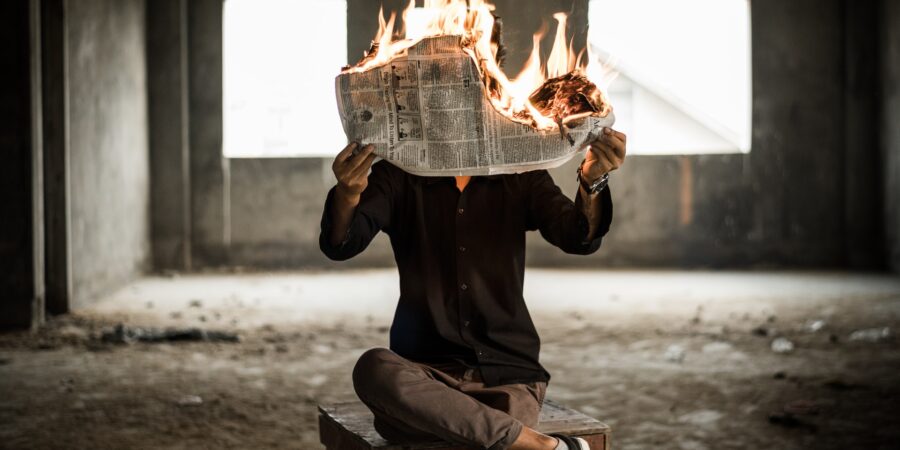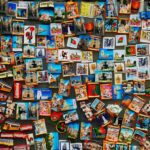{Radio} Don’t trust the news!
There seems to be an ever growing connection between the lack of diversity of news and information we’re choosing to receive and the speed at which we believe we’ve found solutions and formed solid opinions, aka garbage in / garbage out.

Throughout history we’ve been influenced into what and how to think, usually by someone who had power over us, earned or coerced. These included elders, religious bodies, those in power, those with money and influence and those with thoughts we enjoyed and wisdom we admired.
But today with such ready access to the world, in all of its many splendid and awful incarnations, and our easy ability to become part of the news by creating, shaping, informing and communicating the news, many are still choosing to fall back into old passive habits and limit themselves to hearing from those that hold emotional or informational power over them.
Tomorrow this information hold will tighten further, as our technology and AI pick up on our self limiting news and information habits and choices and accentuate them, by continuing to find and feed us a steady diet of sameness, shaping our thoughts by presenting contrarian views that galvanise us to holding strong to our original belief, rather than providing disparate views, robbing us of the serendipity of discovery, the delight in struggling to make sense of our world and the joy of growth.
This is why in our western society we seem to be increasingly attracted to those offering quick fix solutions and easy answers to complex, difficult and sometimes unsolvable problems and lash out at those with alternate views, thoughts, beliefs and approaches.
This is not social media’s fault, social media is incapable of hearing or speaking.
We give it ears and a voice, by choosing what we listen to and what we say.
In this week’s on air chat with Hong Kong radio 3’s James Ross we explore where we get our news from and the repercussions this may have on us.
We also explore online voting, what it really is and why Estonia is the only country in the world that has a true online election and why for the foreseeable future they will continue to be the only pure online election country.
Listen now (14 minutes 36 seconds)


